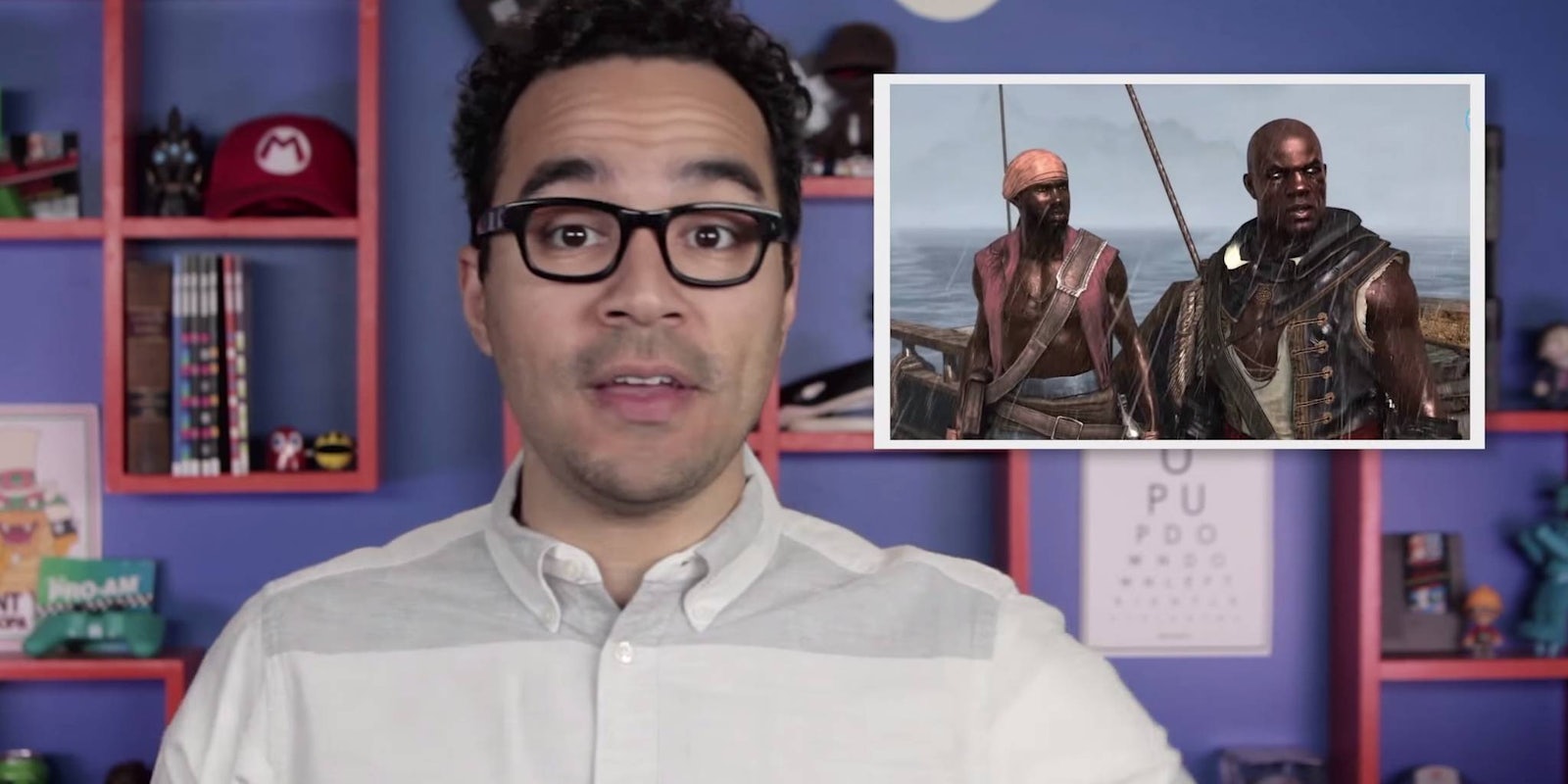Did you know that PBS has a video game show? If so, you’re probably aware the show tends to tackle some pretty sensitive topics.
The latest episode is just one example. Host Jamin Warren gets in front of the camera to discuss racism in games—definitely hot-button topic in the gaming community.
In it he shows examples of games using people of color as the bad guys or pawns in a larger narrative. How that comes off depends on the way game designers handle it.
Right now about two-thirds of voters have given the video a thumbs down. This is probably due to Warren’s criticism of Resident Evil 5. It was a game released back in 2009 in which the Resident Evil gang had to take on a Zombie outbreak in Africa. A white male protagonist proceeds to kill scores of black zombies.
Many in YouTube comments have been arguing that this same level of racial scrutiny didn’t come up in Resident Evil 4, which takes place in Spain, resulting in many, many Spanish zombies being shot.
Of course just because a game takes place in Africa doesn’t make it racist. It’s in the way it handles a particular culture and area of the world. Warren argues that the black zombies in Resident Evil 5 “actually throw spears,” meaning that the development team didn’t take the time to really study how modern Africans go about their day. A majority of people in Africa obviously don’t throw around spears or wear large masks made of bones—which actually was a thing in Resident Evil 5.
Another reason why Resident Evil 5 could be construed as racist is in the way the zombies moved. In 4, the zombies were the typical slow and lingering type. In 5, enemies would run at you without abandon, in a savage, guerilla-style rage.
Either way, we have to applaud Warren and his team. He sticks around after the main video to discuss and answer questions from the comments. This isn’t a conversation that’ll be over any time soon.
Screengrab via PBS Game/Show/YouTube


